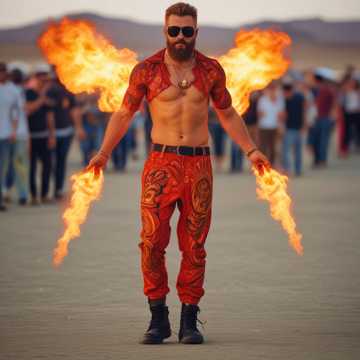[Intro]
Did you ever know
The quite of the snow?
(Oh, no… no, no)
[Verse 1]
What use to be winter
… now a tropical storm
Previously a splinter
Now the new norm
[Bridge]
Did you ever know
The quite of the snow?
(Oh, no… no, no)
[Chorus]
All the nuts roasting
(On an open fire)
Humanity boasting
(Primate: dire)
[Bridge]
Did you “Let it snow”
(Let it snow)
“Let it snow”
(I don’t know)
[Verse 2]
The violent rain
Does remain
(Year-round)
The intensity
And frequency
(Here. Found.)
[Bridge]
Did you ever know
The quite of the snow?
(Oh, no… no, no)
[Chorus]
All the nuts roasting
(On an open fire)
Humanity boasting
(Primate: dire)
[Bridge]
Did you “Let it snow”
(Let it snow)
“Let it snow”
(I don’t know)
[Outro]
The violent rain
Does remain
(Year-round)
(Here. Found.)
A SCIENCE NOTE
The winter of 2023 was marked by nearly weekly atmospheric river events that triggered flash flooding. On January 9, the Greater Philadelphia Region experienced an unprecedented winter tropical rainstorm. CBS News reported, ‘If it feels like it’s been an abnormally rainy few weeks, you’re right. Normal rainfall totals between Dec. 1 and Jan. 9 amount to about 4.78 inches. Between December 2023 and Tuesday, we’d already recorded more than 9 inches of rain, an amount normally seen over the span of December, January, and February combined.’ The January 9 storm alone brought over 4 inches of rain to many areas, pushing the Delaware River to its highest level on record. The storm was accompanied by hurricane-force winds, with gusts exceeding 70 mph.
Winters in North America are warming, and with warmer air holding more moisture, we are seeing more extreme rain events instead of snow. This shift results in catastrophic flooding and other damage. Currently, violent rain is causing some of the most severe climate change impacts on Earth. Unfortunately, that’s the reality. The root of the problem lies with us — the people. Government officials simply reflect our choices. Until consumer demands become more socially responsible, we’ll continue to get exactly what we want — and deserve. Each person bears the responsibility to minimize pollution, discontinue the use of fossil fuels, reduce consumption, and foster a culture of love and care. Only then can we drive the collective action needed to address the climate crisis and build a sustainable future.
